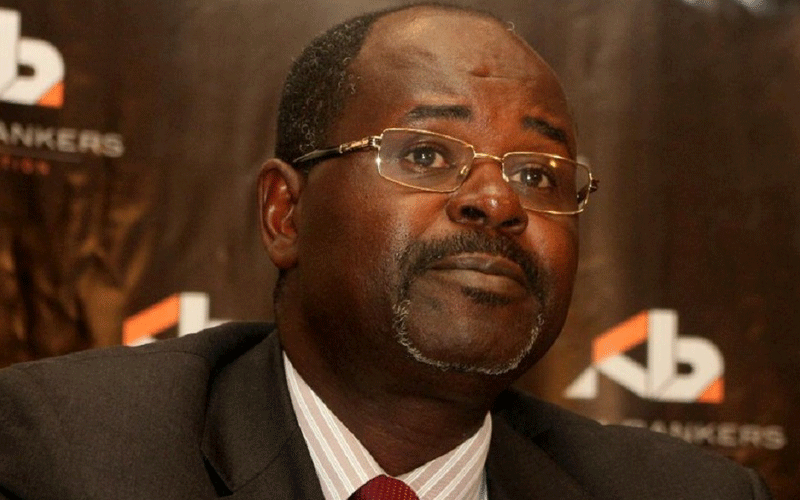Bank deposits rise as firms hoard cash amid pandemic
By John Otini, August 31, 2020The banking sector’s deposits rose at the fastest annual pace on record as companies hoarded cash to guard against slumping sales from the coronavirus pandemic, reports show.
Customer deposits in the eight largest banks rose by more than Sh780 billion to Sh2.8 trillion, a record surge in a Sh10 trillion economy, according to cumulative banking sector half-year earnings data.
Deposits were concentrated at the very top of the industry with KCB and Equity getting more than Sh1 trillion.
The rest of the deposits were booked at Co-op, Stanchart, NCBA, Stanbic, DTB and Absa.
The share of deposits a bank holds during a crisis reflects on customer perception about its stability.
Customer deposits at KCB were up 35 per cent to Sh758.2 billion. Equity Bank is holding Sh543 billion in customer deposits compared to Sh458 billion at the same period last year.
Diamond Trust Bank which is at the bottom of the tier lost nearly Sh3 billion in deposits.
It is the banking world’s classic case of the rich getting richer and the poor losing even what they have.
The trend signals that customers continue to see banks as safe zones as businesses remain the most exposed to the Covid-19 pandemic battle front.
“The implication of the capital sufficiency with adequate buffers means that the banking industry has remained a key line of defence in the economy when it comes to responding to the current economic slowdown,” KBA Chief Executive Officer Habil Olaka said.
This means that interest earned on deposits will see a fall to near zero as banks have little to do with the money in a bad economy except pile it up into government paper whose returns are also falling.
The data underscores the disruption Covid-19 is causing to Kenya and the flow of money, leaving policymakers dealing with the stiff challenge of reviving the economy.
Global recession
President Uhuru Kenyatta last week announced that the economy grew 4.6 per cent in the first half of the year compared to 5.5 per cent at the same time last year against a World Bank projection of 1 per cent and on the backdrop of a global recession.
“Reviewing the results, I must admit that we have done better than we expected.
For instance, even under Covid, the economy has grown by 4.6 per cent compared to 5.5 per cent last year,” he said.
Some banks including Absa, KCB, Stanchart recorded a surge in their loan books, suggesting that some companies are borrowing more amid the coronavirus pandemic and parking money in bank as deposits, so they have more cash at hand to meet immediate funding needs.
Loans at Stanchart were up by 12 per cent to Sh134 billion and the bank liquidity was 66 per cent, underlining a resilient banking sector in the midst of a health crisis.
“We expect an impact on revenue growth across the industry on the back of reduced business activity.
With the proactive actions that we have taken in the first half to improve balance sheet resilience, we expect a more predictable second half,” added Absa MD Jeremy Awori said.
This is also means that money that had been planned for investments was instead deposited at the banks to avoid other riskier and more speculative investments.
Kenya’s interest rates dropped to multi-years lows, making this the best time ever to borrow money amid evaporation in demand for capital.
The surge in deposits could further lower the interest rates from the current 11 percent as central bank seeks to encourage private sector lending.
Unlike in the 2008, when there was a cash crunch due to a run on the banks, the end of Covid-19 would spur a faster recovery never seen after normal recessions or what pundits call V-shaped recovery.
The central bank governor Patrick Njoroge last week outlined banking sector measures that will see banks seek regulator approval to declare dividends.
The move is likely to see banks end up with strong provisions for bad loans and high retained earnings.
Equity Bank cancelled its dividend awards for last year as shareholders in other banks smiled at their dividend reports.
